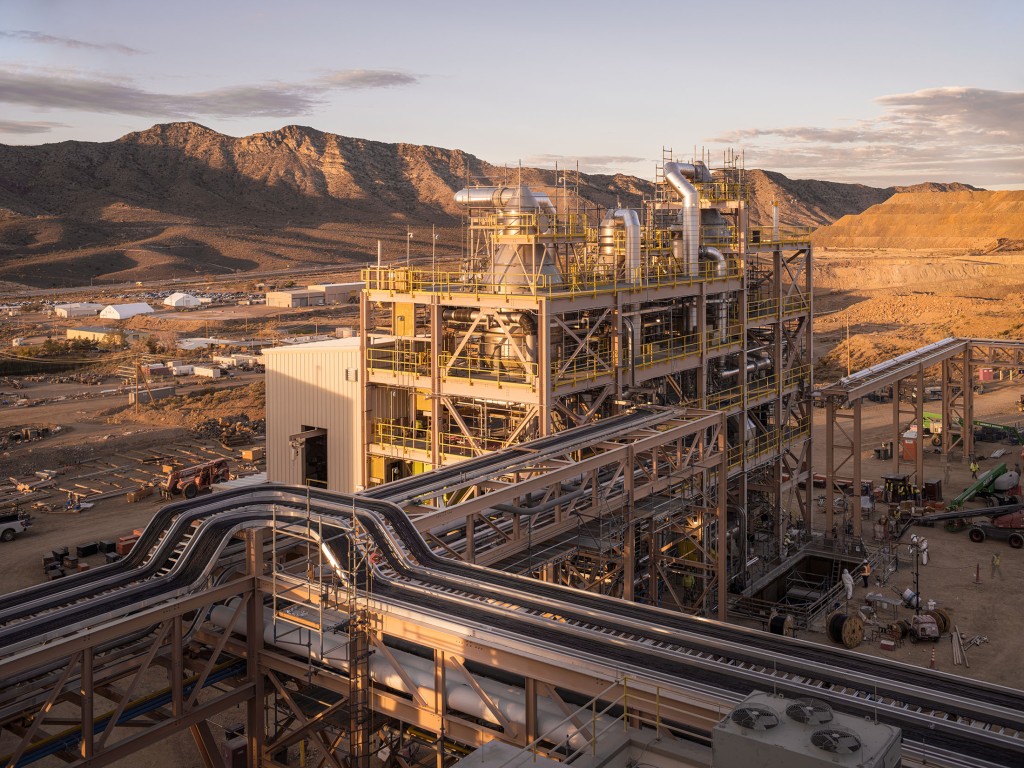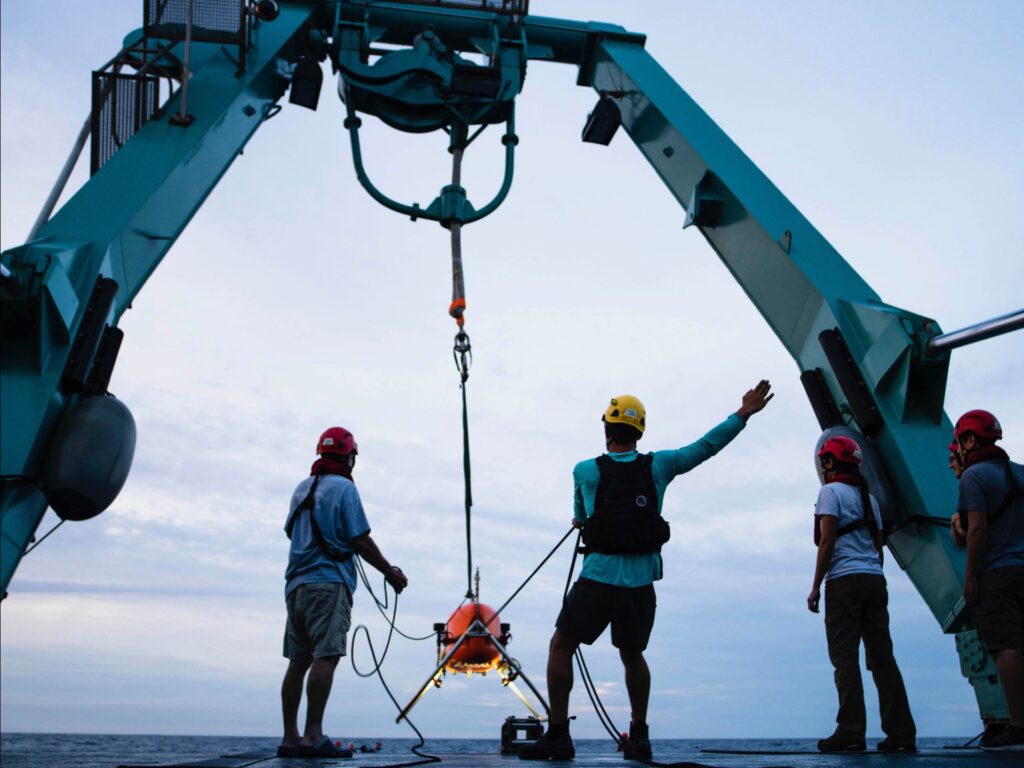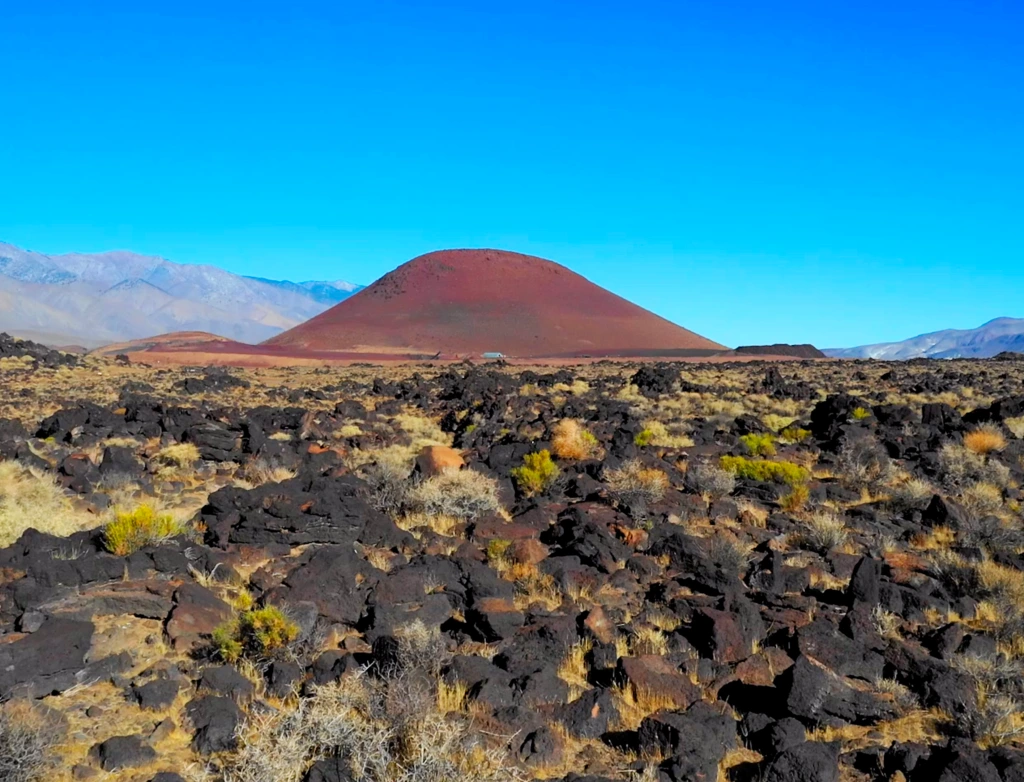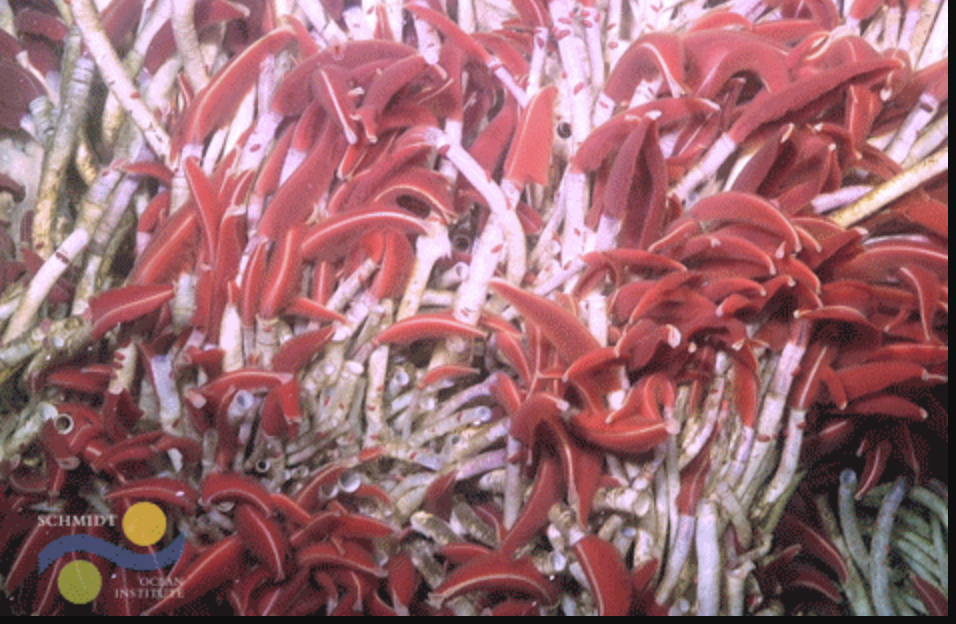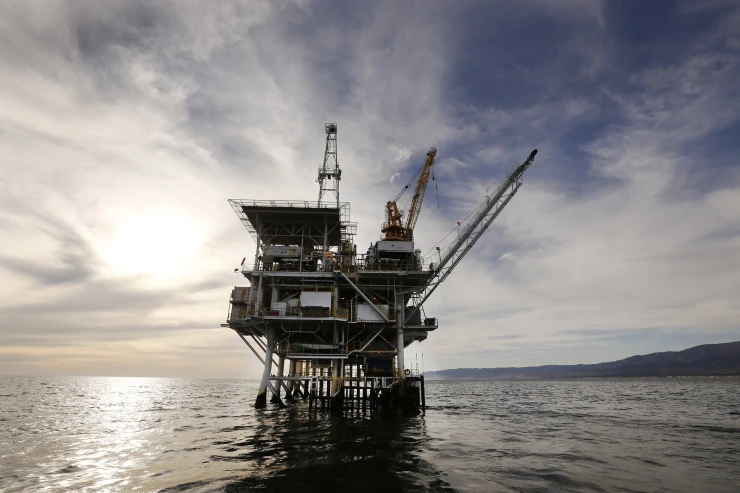Synbio startups like NovoNutrients are developing novel products to help feed the world and stop climate change.

(Sign up for the California Science Weekly newsletter, delivered fresh to your inbox every Friday)
Overfishing is arguably one of the most significant threats to the human food supply on the planet. Approximately three billion people in the world rely on both wild and farmed seafood as their primary source of protein, and ten percent of the world’s population depends on fisheries to make a living.
One the of dirty little secrets of the global commercial fish industry is that it takes fish to make fish. While many people see farmed fish as an ideal solution to meeting our protein needs in the future, the reality is that feeding farmed fish right now requires massive inputs of so-called forage fish, namely small fish like anchovies, herring, menhaden, capelin, anchovy, pilchard, sardines, and mackerel that occur in large numbers in the ocean, particularly the cold Southern and Northern latitudes. A multi-billion dollar industry is dedicated to using large ships that ply the ocean with nets to bring up millions of tons of forage fish every year.
These forage fish go into making fishmeal, essentially powders and pellets made from ground up forage fish. As fish farming increases, which it has for decades, so does the need to harvest more feeder fish. Increasingly, this is done unsustainably, and illegally. Some scientists warn that as the feeder fish industry explodes, entire marine ecosystems, including those that support animals like whales and large pelagic fish stand in danger of collapse.
So is there a way to feed farmed fish that reduces the need to trawl the seas for forage fish? It turns out that one California company is working on a solution, and it involves one of the most abundant organisms on earth: bacteria.
NovoNutrients is a Mountain View, California, startup, whose offices lie close to both Facebook and Google. The company is harnessing new technology of synthetic biology or synbio to get bacteria to do our bidding, creating proteins using the same tiny organisms that curdle milk into yogurt and cause innumerable diseases.
NovoNutrients’ product is called Novomeal, and while it is not yet commercially available (the company says late 2019 or early 2020), it holds the promise to not only reduce overfishing, but to help diminish atmospheric carbon dioxide, one of the main culprits in climate change.
How it is able to do this is about as close to a “killing two birds with one stone” as one can get in science.
At the company’s headquarters, bacteria and other single-celled organisms are incubated in large steel vats called bioreactors and are fed industrial carbon dioxide which they convert into proteins that can be processed into a powder to feed fish grown in aquaculture. It sounds simple and too good to be true. But the company thinks it may hold the key to a sustainable future.
“We take untreated industrial emissions of CO2 and we turn them into protein — initially for animal feed and starting in fish farming,” says the company’s Web site.
Since bacteria can be grown in largely unlimited supply, which is not the case for forage fish, the company’s technology holds the promise of beginning to solve two of humanity’s most pressing current problems: global warming and overfishing.
The promises of synbio go way beyond creating fishmeal. Frances Arnold, the winner of this year’s winner of the Nobel Prize in chemistry, is a professor of chemical engineering at the California Institute of Technology. The award was bestowed upon Arnold (who, by the way, lives in La Canada Flintridge), for developing a technique called directed evolution.
Directed evolution is a form of synbio that generates novel enzymes and other biomolecules by tweaking the genetic machinery of bacteria like E-coli. A wonderful explanation of the process can be read here, but essentially the process mutates genes that encode proteins, getting them to make specific proteins that serve a particular need. Arnold has already created several companies like Provivi, that develop products using the method. Some proteins can be used to consume harmful chemicals after, say, an oil spill. Others perform more mundane, but hardly less useful tasks like removing laundry stains.
A key point here is that all of these companies and individuals call California home. That, of course, is no coincidence, as the state remains on the forefront of innovation in biotechnology. We’ve created this site to bring you exactly these kinds of stories, and hope that you will follow us on Twitter and subscribe to our weekly newsletter.

